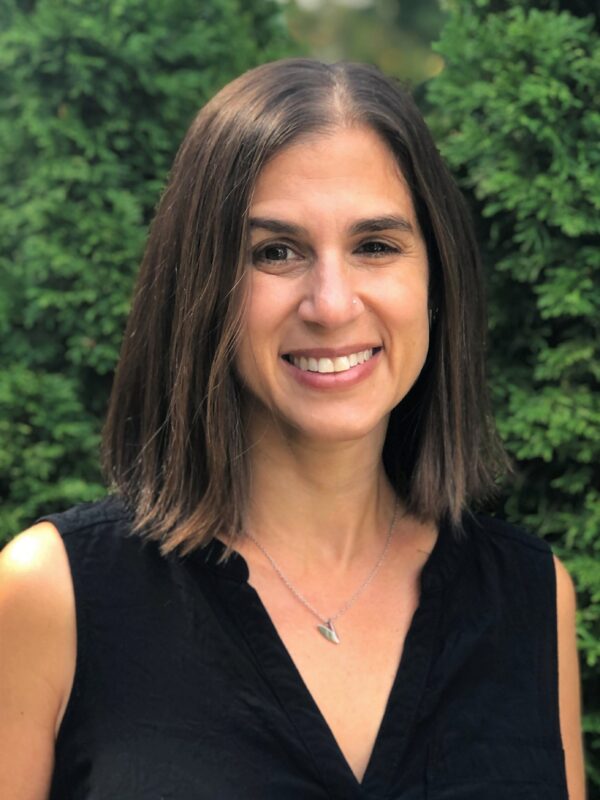Listen to episodes featuring Francine Menashy:
White Ignorance in Global Education
Podcasts for Research Methods
by Francine Menashy
Associate Professor
University of Toronto, Canada
I have assigned FreshEd Podcasts in my classes for years now. Given the diverse range of topics covered, and consistent excellent quality, I’ve been able to find an appropriate podcast for almost every subject I’ve taught. When I first began teaching research methods, I never imagined that I could look to podcasts as course materials. But I have assigned three key FreshEd episodes, and my doctoral students have mentioned that each one helped to clarify and also push their thinking on methods in new directions.
When I teach about case studies, I always assign Fran Vavrus and Lesley Bartlett’s the Comparative Case Study Approach episode, complemented of course with their writings on the subject. Students find this interview very accessible, as it helps them make sense of the various ways case studies in comparative international education research and also question some of the shortcomings of the more traditional approaches. Vavrus and Bartlett also discuss how graduate students can think about conducting comparative case studies in their dissertations through smaller-scale studies.
Another FreshEd episode I’ve assigned in methods classes is Elizabeth Sumida Huaman and Nathan D. Martin’s Indigenous Research Methodologies. I find that students are more than ever aware of the colonial legacies of education research and the need to incorporate Indigenous ways of knowing into academic work. This podcast has spurred some excellent conversations in class, including discussions about coloniality and knowledge, the difference between decolonial and decolonizing, and what this all means for doctoral research.
Finally, I found Bhavani Kunjulakshmi’s episode Can You Hear the Subaltern Speak?, a part of the FreshEd Flux series, one of the most powerful I’ve ever heard. As soon as I finished it, I put it up on a course website. In it, Kunjulakshmi grapples with so many complex themes relating to research and international development with such beauty and clarity that I dare not attempt to summarize the episode here. As I told my students: just listen, you won’t regret it.
I should add that it’s not only my students that have benefitted from the above episodes—I have also found them so very useful for my own work, pushing me to think in new ways and to re-assess my own assumptions.
July 1, 2023






